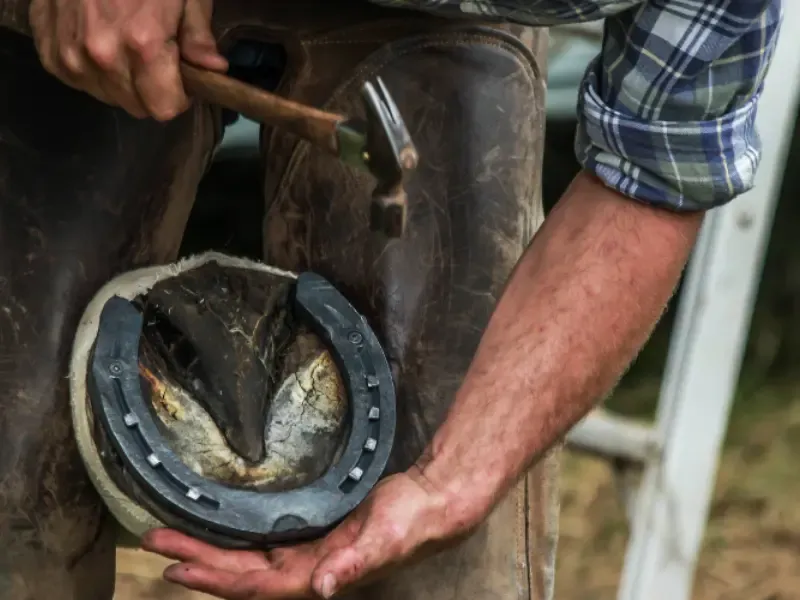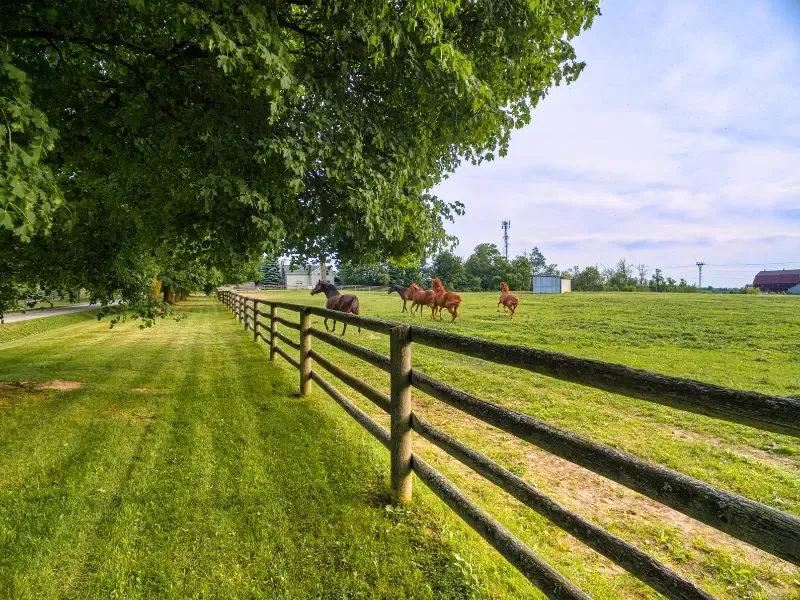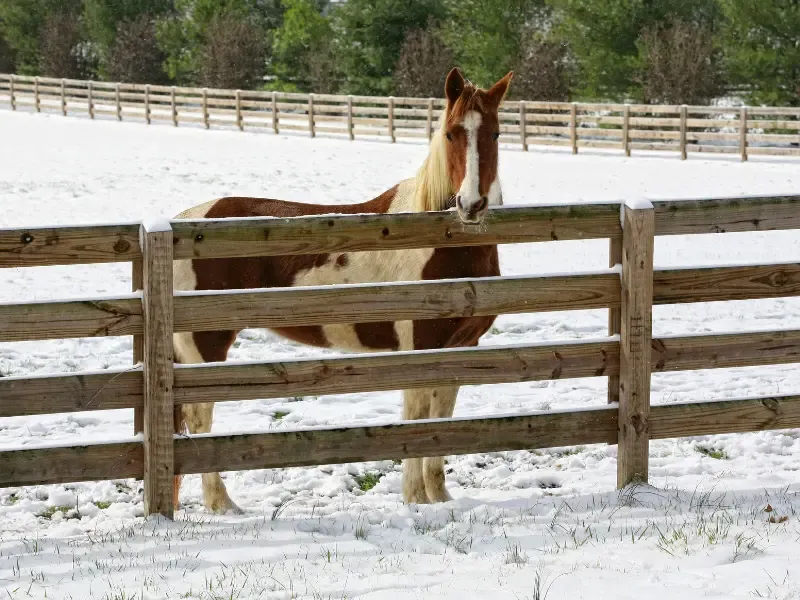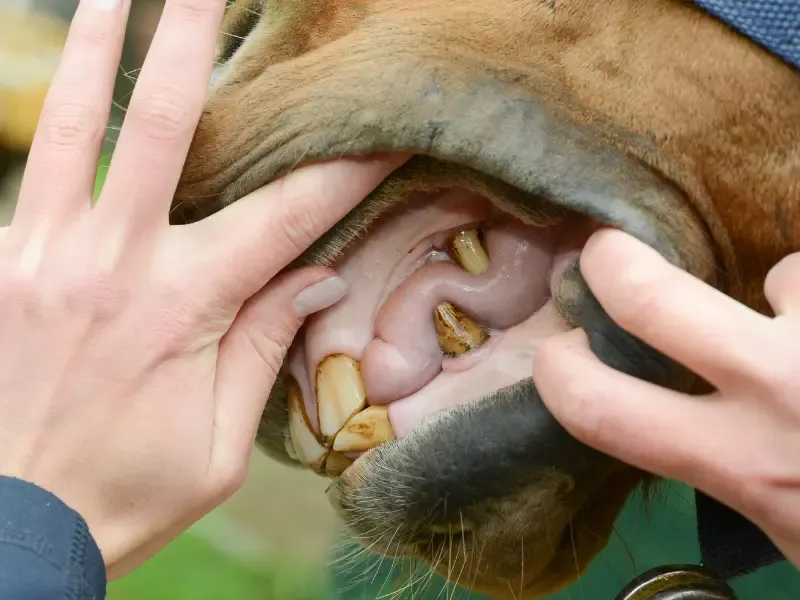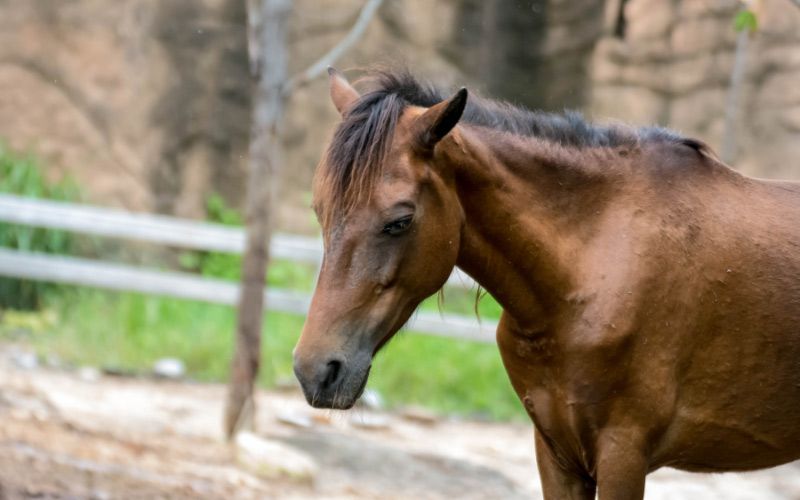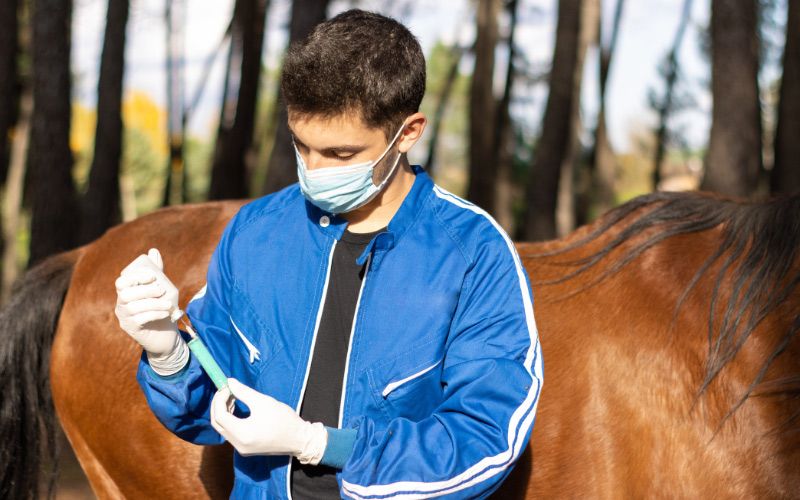Keep Your Horse Moving Their Best with Corrective Shoeing
Corrective shoeing has become a blanket term to refer to many different aspects of shoeing. These practices can address a wide range of issues adversely affecting the gait, stride, and overall movement of a horse. High Caliber Performance Veterinary Sports Medicine is proud to offer radiographs and a chance to work with your farrier for the best approach to your horse’s shoeing needs.
